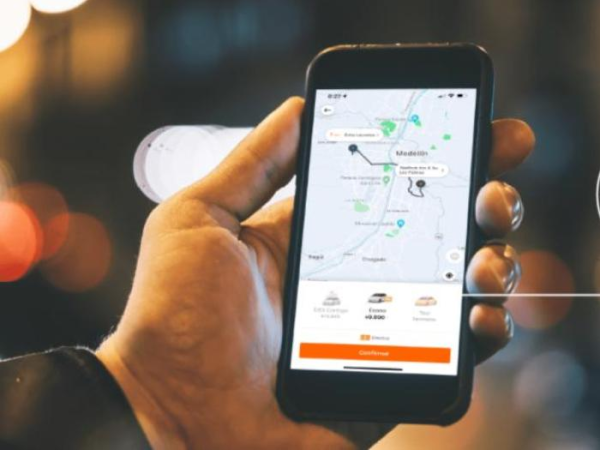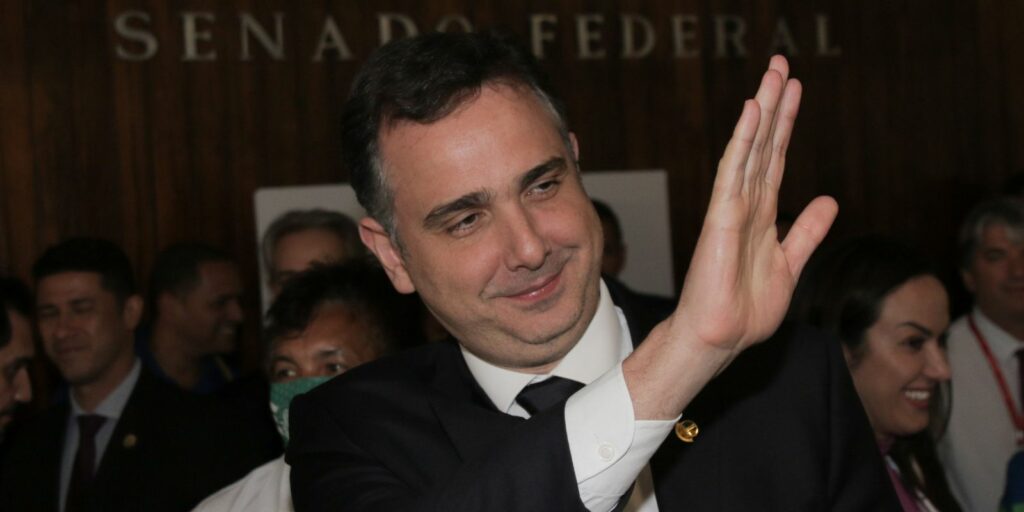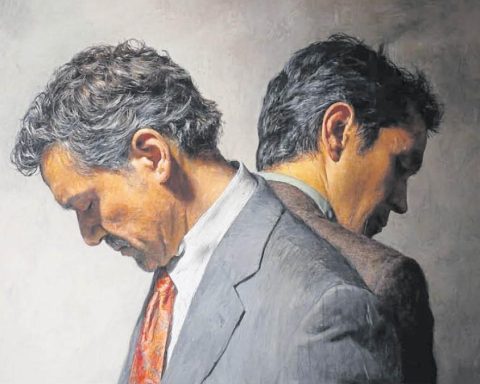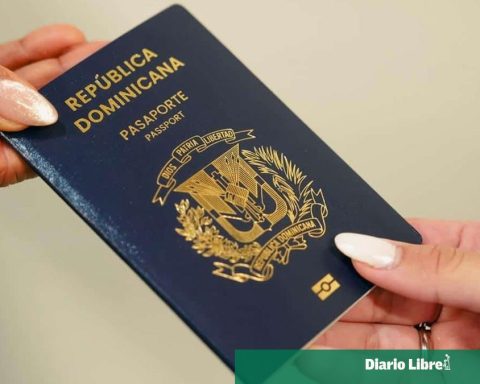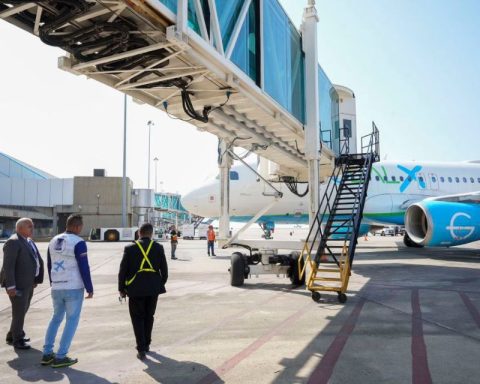During a meeting between representatives of taxi drivers and the National Government, headed by President Gustavo Petro, the president stated that “The forms of illegality in the provision of public passenger service will be combated from the reduction of poverty and the generation of employment, preventing the multinationals that use platforms from taking the wealth generated by our drivers.”
(Agreements between taxi drivers and the government to ward off the ‘ghost’ of unemployment).
The president’s comment came after complaints from taxi drivers about the operation of transportation platforms such as Uber, DiDi, Cabify, Beat, among others, which are not yet regulated.
In an interview with Blu Radio, Transport Minister Guillermo Reyes acknowledged that for the Government, as well as for President Petro, these platforms are illegal and their operation must be analyzed, taking into account that they are foreign companies that take the wealth of country drivers.
(Rise in gasoline would reduce the deficit by $600,000 million).
“It is evident that they are taking the resources of the country, that they are not paying taxes, that they are not generating any kind of royalties. The order is peremptory, that, between the Ministry of ICT, the Ministry of Labor and the Ministry of Transport, they define what is going to be done with the issue of regulating the platforms in the coming weeks”, Reyes said in the interview.
President Petro met with representatives of taxi drivers.
Presidency
To analyze this situation, President Petro instructed his cabinet to set up a work table to define the guidelines for the future of these platforms.
Facing the subject, the director of alliance inJosé Daniel López, rejected the claim that these mobility apps are illegal and called for a regulation to be created to operate.
(Fuels, the product that Colombia exported the most from January to August).
“These companies pay VAT since 2017, in addition, several of them are domiciled in Colombia and, therefore, pay taxes”.
López stated that it is also not true that the wealth generated by digital work is taken by companies outside the country, since between 80 and 90% of the value that users pay remains with the driver who provides the service.
Finally he said that “The lack of regulation is very different from the question of legality.”
BRIEFCASE
